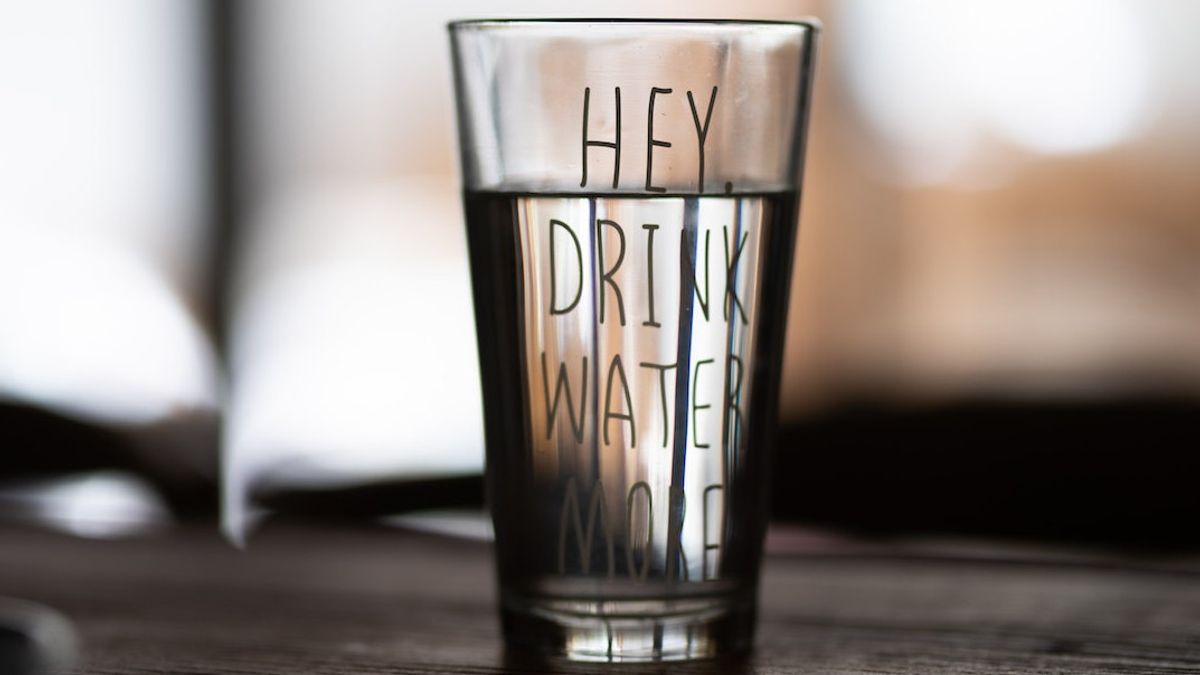YOGYAKARTA Dry afternoon and many tasks must be completed, often triggering a bad mood. To prevent this, research found a correlation. That hydrated enough can improve the mood.
Sufficient water intake as daily routine, making circulation smooth, helping digestion, facilitating joint movement, helping the body absorb nutrients, to losing weight. A number of findings of the benefits of hydration are proven in research. Including 2018 research which proves that those who drink more water have a lower risk of anxiety and depression than those who drink little water.
Research reported by Healthline, Monday, January 9, involved 3,000 adults as participants. From these studies, the link between dehydration and depression is evident. The researchers also found that higher anxiety in those who do not drink enough water.
Other studies were conducted four years earlier, namely 2014, where researchers explored how the increase or decrease in water intake affected the mood. Researchers found that people who usually drink a lot of water feel less calm, less satisfied, and more tense when their water intake decreases. When researchers increased the water intake of research participants, they felt happier.
Another study in 2015 tracked the mood and total water intake with 120 healthy female participants. They found that lower water intake was associated with greater strain, depression, and confusion. So, what is the intake of the liquid to improve mood and deal with anxiety, ordinary mineral water or plus electrolyte? Water with electrolyte content, is also shown to improve mood. However, the study did not compare with ordinary mineral water or electrolyte.
In addition to improving mood, a narrational review conducted in 2019 found that it was related to increasing visual attention during cognitive tasks. So, when you work and think, instead of forgetting to drink. It's better to prepare a glass of water next to your desk to make sure you drink it every time.
Anxiety increases, it can also be an indicator that your body does not get enough water intake. Symptoms include feeling thirst, dry mouth, dry and reddish skin, dark yellow urine, constipation, high blood pressure, fast heart rate, drowsiness and fatigue, headaches or nausea.
In a day, everyone needs varied body fluid intake to avoid dehydration. Depending on how much activity, food from vegetables and fruit, and the environment. Generally, according to advice from the Academy of Nutrition and Dietics, women are advised to drink 9 glasses of water every day and men 12.5 glasses a day.
The English, Chinese, Japanese, Arabic, and French versions are automatically generated by the AI. So there may still be inaccuracies in translating, please always see Indonesian as our main language. (system supported by DigitalSiber.id)









